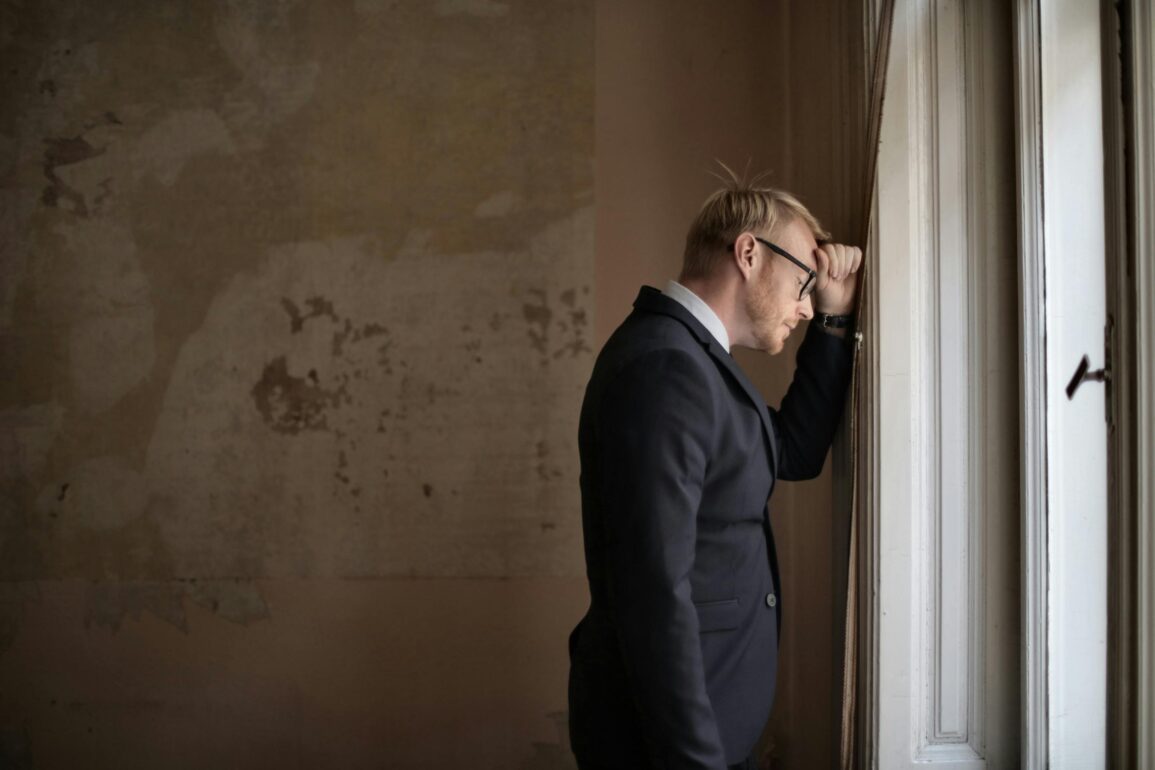Byung-Chul Han doesn’t stop writing. They are short, suggestive essays. His way of thinking about reality and the guiding thread of his proposal are maintained in such a way that, in each installment, there is a new look to clarify the ins and outs of contemporary culture. In Crisis of Narrative (Herder, 2023) Han praises narration, contrasting it with information. “Human memory,” says Han, “is selective and narrative. That is how it differs from the data bank. While digital memory works by adding and accumulating. Narration is based on selecting and linking events” (p. 44). Hence, the narrative weaves together the various episodes of life into a plot of meaning. The information lists: I got up, I went to work, I had lunch, I suffered this mishap, I dealt with the heat, I returned home… The narrative, on the other hand, interweaves the facts and manages to articulate a story in which we are the protagonists, with an origin, a path, and a destination.
Han states that “living is more than solving problems. He who limits himself to solving problems has no future. Narration is the only thing that opens up the future, allowing us to harbor hope” (p. 35). Understanding the human being as a problem solver is enough, but it is insufficient. Solving problems, without denying the importance of this human capacity, is still a merely reactive response. It is entering reality one step late, appearing to be what has already happened. Human beings aspire for more, we want to be proactive: we want a life that goes ahead of what has already been given, in such a way that our actions perfect us and, at the same time, allow us to perfect the environment.
There is, however, a subtle way of remaining in the mere reactive response, not only of the problem solver, but of the experience of the pleasurable moments offered everywhere by the consumer society. This pleasure-seeker lives in the eternal present, he does not consider great feats or purposes that would lead him to devote himself to solidarity projects to improve society. His thing is only to optimize his pleasure, it is not in his vital horizon to commit his life to the human flourishing of those who lack opportunities for material and spiritual progress.
I find the way in which Han articulates happiness with narration luminous. He writes: “Happiness is not a one-time event. It is like a comet with a very long tail, which reaches into the past. It is nourished by everything that was experienced. Its way of manifesting itself is not to shine, but to phosphoric. We owe the salvation of the past to happiness. To save the past, a narrative tensioning force is needed that couples it to the present and allows it to continue having an impact on it” (p. 37). Happiness must include all human existence. It is not limited only to what we usually consider happy events. Happiness surrounds the entire biographical narrative in which there is no shortage of tears, failures, and tensions. The experiences of vertigo, the intense pleasures, remain punctual and merely contingent; They are facts, data, imitations of full joys, forms of escape from the existential emptiness typical of a life lacking plot. That is why happiness has a lot of redemption, because the human adventure, in its falls and blunders – whether sought or survived – needs salvation. Human beings need to heal wounds and hold on to one hand to direct our personal life path.
Narration is not everything, but as Han states, it helps self-knowledge and gives us plot, support and guidance in life.










